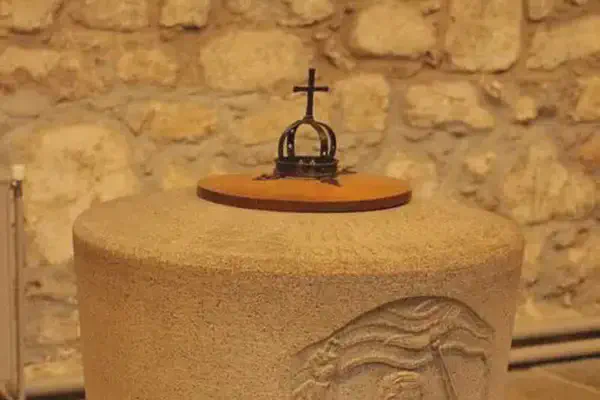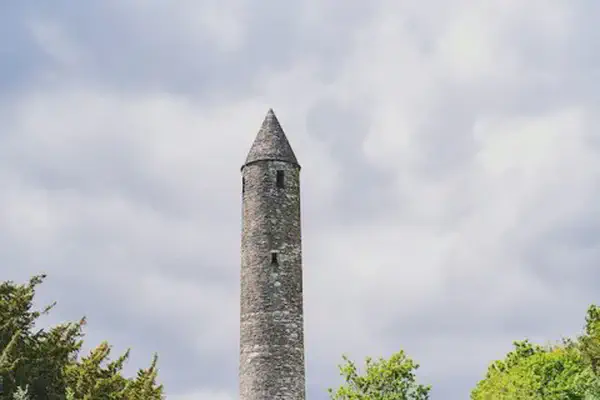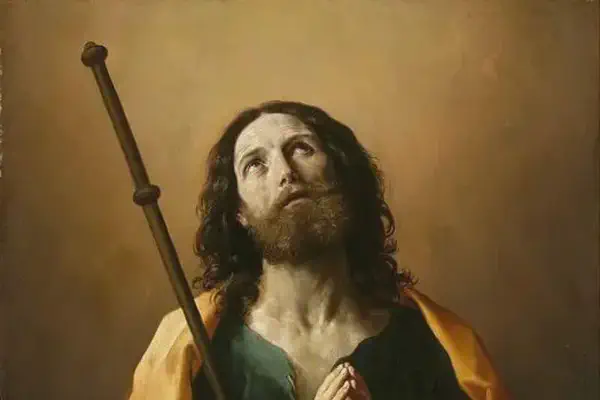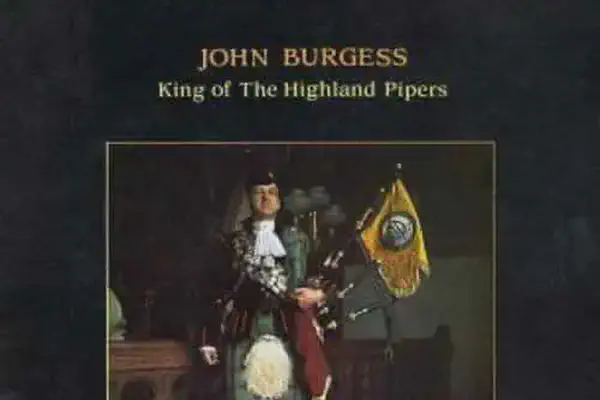On December 07, 1688 in Celtic History
Thirteen apprentice boys refuse to let a catholic army into derry londonderry

The “Closing of the Gates” in Derry-Londonderry, which occurred on December 07, 1688. The city’s Protestant inhabitants, led by thirteen Apprentice Boys, took a significant stand during this episode.
In the context of the Glorious Revolution and the wider political and religious tensions in Ireland, the Catholic King James II faced opposition from Protestant forces.
The city of Derry-Londonderry was predominantly Protestant, and the arrival of a Catholic army led by General Richard Hamilton and Richard Talbot, Earl of Tyrconnell, raised concerns among the city’s residents.
On December 07, 1688, thirteen young apprentice boys decided to close the city gates, denying entry to the approaching Catholic army. This symbolic act of defiance became known as the “Closing of the Gates” and marked the beginning of the Siege of Derry.
Apprentice Boys of Derry
The Apprentice Boys of Derry commemorate the events of the Siege of Derry, which took place from 1688 to 1689 during the Williamite War in Ireland. The Siege occurred when the predominantly Protestant inhabitants of Derry-Londonderry resisted the forces of the Catholic King James II, closing the city gates to his advancing army.
Closing the Gates
The term “Apprentice Boys” specifically refers to thirteen apprentice boys who, on December 07, 1688, played a key role in closing the city gates against the approaching army of James II. This act of defiance marked the beginning of the siege. The Apprentice Boys of Derry Association was formed to commemorate this event and to promote Protestant and unionist traditions.
The siege lasted from December 1688 to August 1689, during which the city faced significant hardships, including a blockade that resulted in famine and disease. Ultimately, the city held out, and relief ships arrived in August 1689, breaking the siege.
The events in Derry-Londonderry were part of the broader struggle between Catholic and Protestant forces during the Glorious Revolution and had lasting implications for the political and religious landscape of Ireland. The Protestants’ resistance and successful defense of the city became an important symbol within Protestant and unionist traditions.
Related Content

Shane Patrick Lysaght MacGowan, lead singer of the Pogues, died

St Machar Day, patron saint of Aberdeen

Oíche Shamhna - Cetlic New Year Eve (Halloween)

ALBAN ELFED (Welsh Bardic name for autumn equinox)

Feast day of St. James

John Davie Burgess, King of the Highland Pipers, died at age 71.